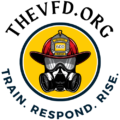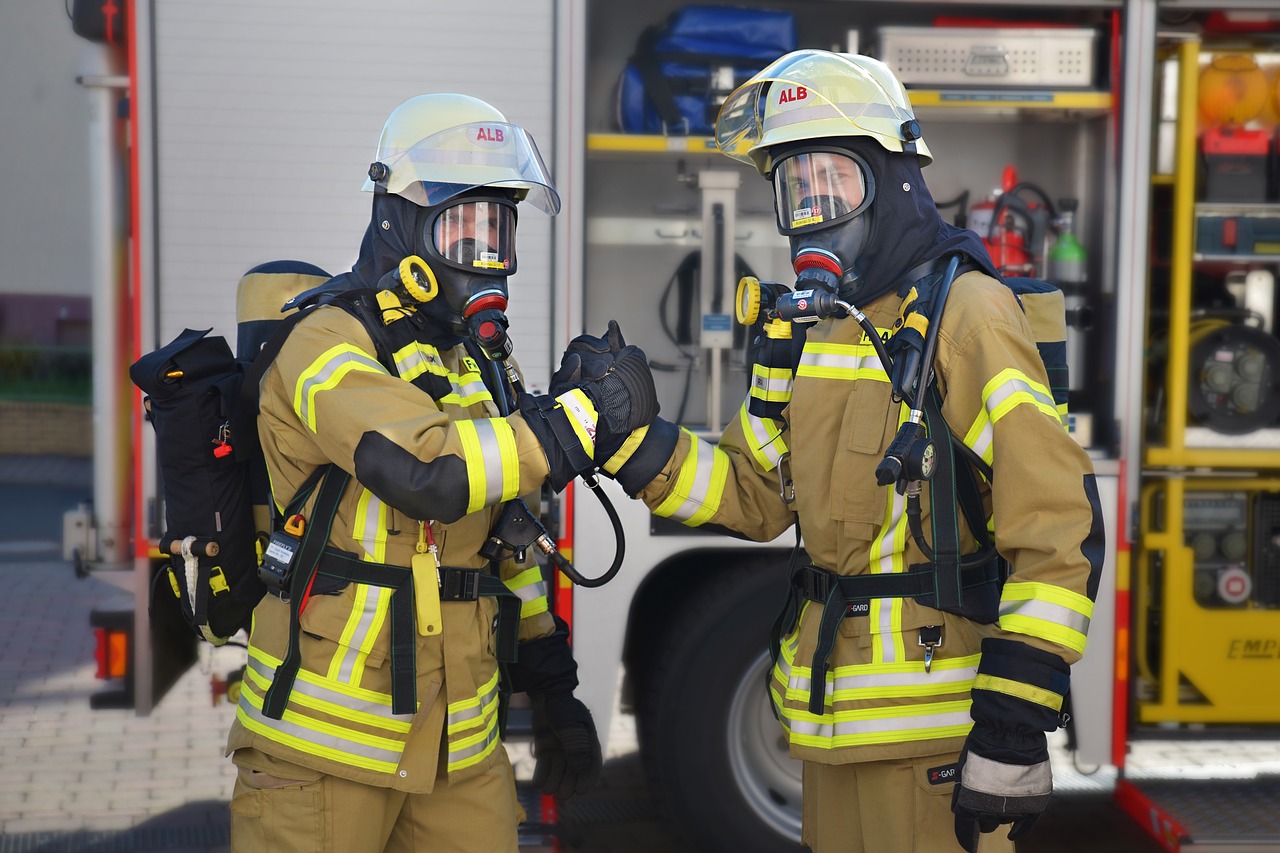Camaraderie among volunteer firefighters is not just a nice-to-have but a crucial component of a successful firefighting team. Building strong bonds and fostering a sense of unity can greatly enhance teamwork, communication, and overall effectiveness during emergency situations. In this guide, we will discuss practical and proven strategies for cultivating camaraderie and team spirit within your volunteer firefighting unit, ultimately creating a cohesive and resilient group ready to face any challenge together.
Building a Strong Foundation
Communication: The Key to Understanding and Respect
Building strong camaraderie and team spirit as a volunteer firefighter starts with clear communication. Regularly update team members on important information, encourage open dialogue, and actively listen to their concerns. By fostering a culture of effective communication, you can promote understanding and respect among the team members.
Establishing Shared Goals and Values
An vital step in building camaraderie among volunteer firefighters is establishing shared goals and values. By defining a common purpose and set of principles, you can align the team towards a collective mission. This shared vision will not only guide the team’s actions but also create a sense of unity and purpose.
Respect: Respect is fundamental in building camaraderie and team spirit in any firefighting team. Treat each team member with dignity, value their contributions, and show appreciation for their efforts. By fostering an environment of respect, you can create a strong foundation built on mutual understanding and support.
Fostering Team Spirit Through Activities
Organizing Team-building Exercises and Drills
If you want to strengthen the bond among your volunteer firefighter team, organizing team-building exercises and drills is vital. These activities not only improve communication, trust, and collaboration but also enhance problem-solving skills and camaraderie. Consider activities such as rope rescue simulations, relay races with firefighting equipment, or scenario-based training to simulate real-life emergencies. By engaging in such exercises, team members can learn to work together more effectively and build a stronger sense of unity.
Participating in Non-firefighting Events Together
Some of the most valuable bonding opportunities for volunteer firefighters come from participating in non-firefighting events together. Whether it’s volunteering at a local charity event, attending community fundraisers, or organizing team lunches or dinners, these activities provide a chance for team members to relax and connect outside of their firefighting duties. Building relationships in a more casual setting can strengthen trust and communication within the team, creating a more cohesive and supportive environment.
Team spirit is crucial in volunteer firefighting. Participating in non-firefighting events together allows team members to bond in a more relaxed setting, fostering connections that go beyond the challenges faced during emergencies. By engaging in these activities, volunteer firefighters can build a strong support system and a sense of unity that is vital for effective teamwork in any situation.
Cultivating a Positive Environment
Recognizing and Celebrating Achievements
After a successful rescue operation or completing a challenging training exercise, it is crucial to recognize and celebrate the achievements of individual team members. This can be done through public acknowledgment during team meetings or by awarding certificates of appreciation. By acknowledging their efforts and achievements, you are fostering a culture of positivity and boosting morale within the team.
Encouraging Mentorship and Continuous Learning
With a strong emphasis on mentorship, experienced firefighters can pass down their knowledge and skills to newer members, ensuring a culture of continuous learning and improvement. Pairing up seasoned volunteers with newcomers not only helps in skill development but also establishes a support system within the team. Encouraging mentorship nurtures a sense of community and camaraderie among the group.
Continuous learning in the context of volunteer firefighting involves providing opportunities for ongoing training and skill development. By organizing regular training sessions, workshops, and drills, volunteers can enhance their expertise and stay updated on the latest firefighting techniques. This commitment to continuous learning reinforces a culture of excellence and ensures that volunteers are well-prepared for any emergency situation they may encounter.
Overcoming Challenges Together
Tips for Handling Conflict and Stress as a Team
To maintain a strong and cohesive team dynamic, it’s vital to address conflicts and stress in a constructive manner. Communication is key – encourage open dialogue and active listening among team members. When conflicts arise, focus on finding solutions rather than placing blame. Remember to prioritize the well-being of the team and support each other through challenging times. The ability to navigate stress and conflict as a unit will only strengthen your team’s camaraderie and effectiveness in emergency situations.
Factors Contributing to Long-Term Team Cohesion
Team cohesion is a result of various factors working together to create a solid and dependable unit. Establishing clear goals and roles within the team helps everyone understand their responsibilities and promotes a sense of purpose. Regular training sessions and team-building activities foster trust and collaboration among members. Celebrating achievements and milestones together further solidifies the bonds within the team. Any successful team cohesion is built on a foundation of trust, communication, and mutual respect.
- Establish clear goals and roles
- Regular training sessions and team-building activities
- Celebrate achievements and milestones together
Conclusion
The importance of building camaraderie and team spirit as a volunteer firefighter cannot be overstated. By fostering strong relationships within the team, volunteer firefighters can enhance their effectiveness in responding to emergencies and supporting one another in challenging situations. Through regular training, open communication, and a supportive environment, volunteer firefighters can build a strong sense of camaraderie that will ultimately strengthen their team spirit and improve their overall performance. Investing time and effort into cultivating these qualities will not only benefit the individual firefighter but also contribute to the success and safety of the entire team.


